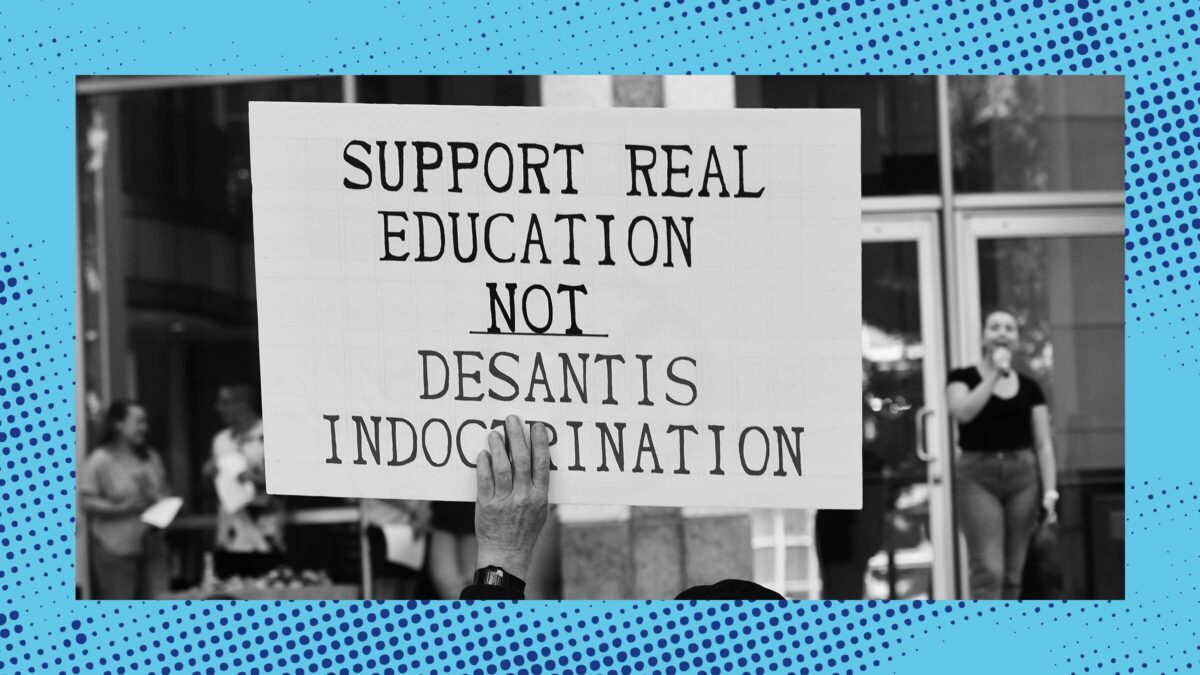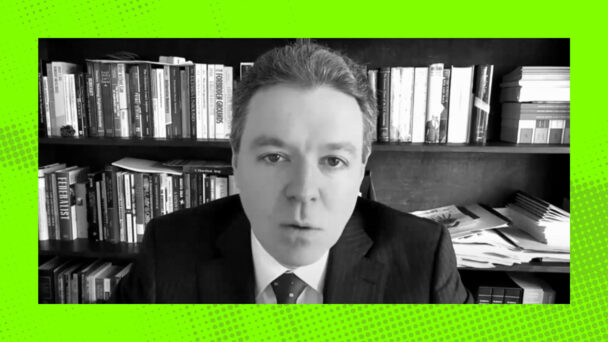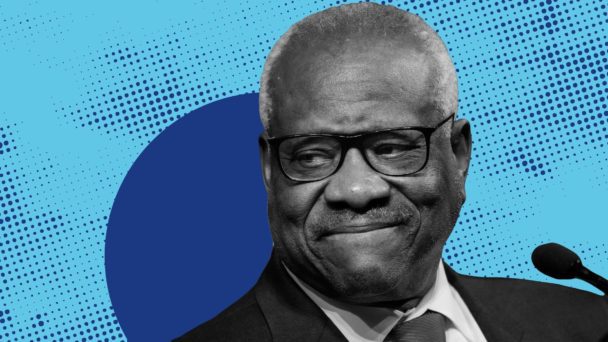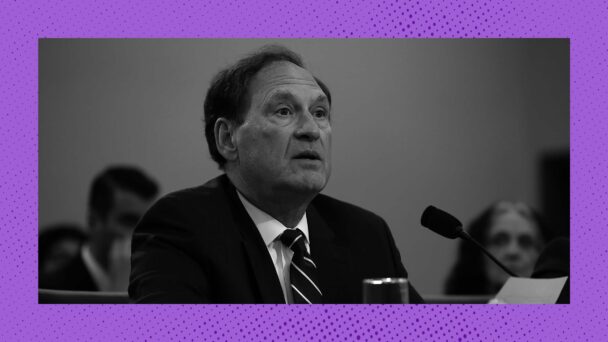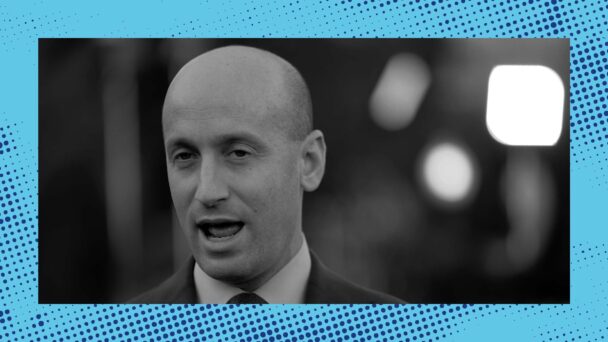Conservative state and local officials, who never miss an opportunity to punch down at vulnerable people, are working to suppress speech, expression, and association by passing laws and regulations that target groups or ideas they don’t like. Books that reference any history of racism; drag shows that acknowledge the spectrum of gender, presentation, and sexuality; online materials that discuss sex and reproductive health—across the country, all these remain primary targets of culture warriors eager to limit free expression.
When these laws pass, lawsuits challenging their constitutionality often follow. As federal courts consider these speech claims amid the culture wars, the waters seem muddied: Some judges are pushing back on speech restrictions, while others—perhaps taking their cue from the larger conservative movement—are declining to follow precedent or vindicate the rights of marginalized speakers. Amid a larger potential realignment of First Amendment analysis from the Supreme Court, I fear that the justices will create an even more circumscribed set of free speech protections for those who need them most.
At a startling and disturbing rate, conservative legislatures and local governments have chosen to remove books from school libraries, either over objections to specific titles (sometimes known as challenge procedures) or blanket bans on material “harmful to minors.” Of course, such objections or bans disproportionately remove from circulation books that touch on race, gender, sexuality, and other topics anathema to the right. Toni Morrison’s The Bluest Eye, George Orwell’s Animal Farm, Mark Twain’s The Adventures of Huckleberry Finn, and The Diary of Anne Frank are just some of the titles found on English syllabi in some states, and targeted for removal by revanchist extremists in others.
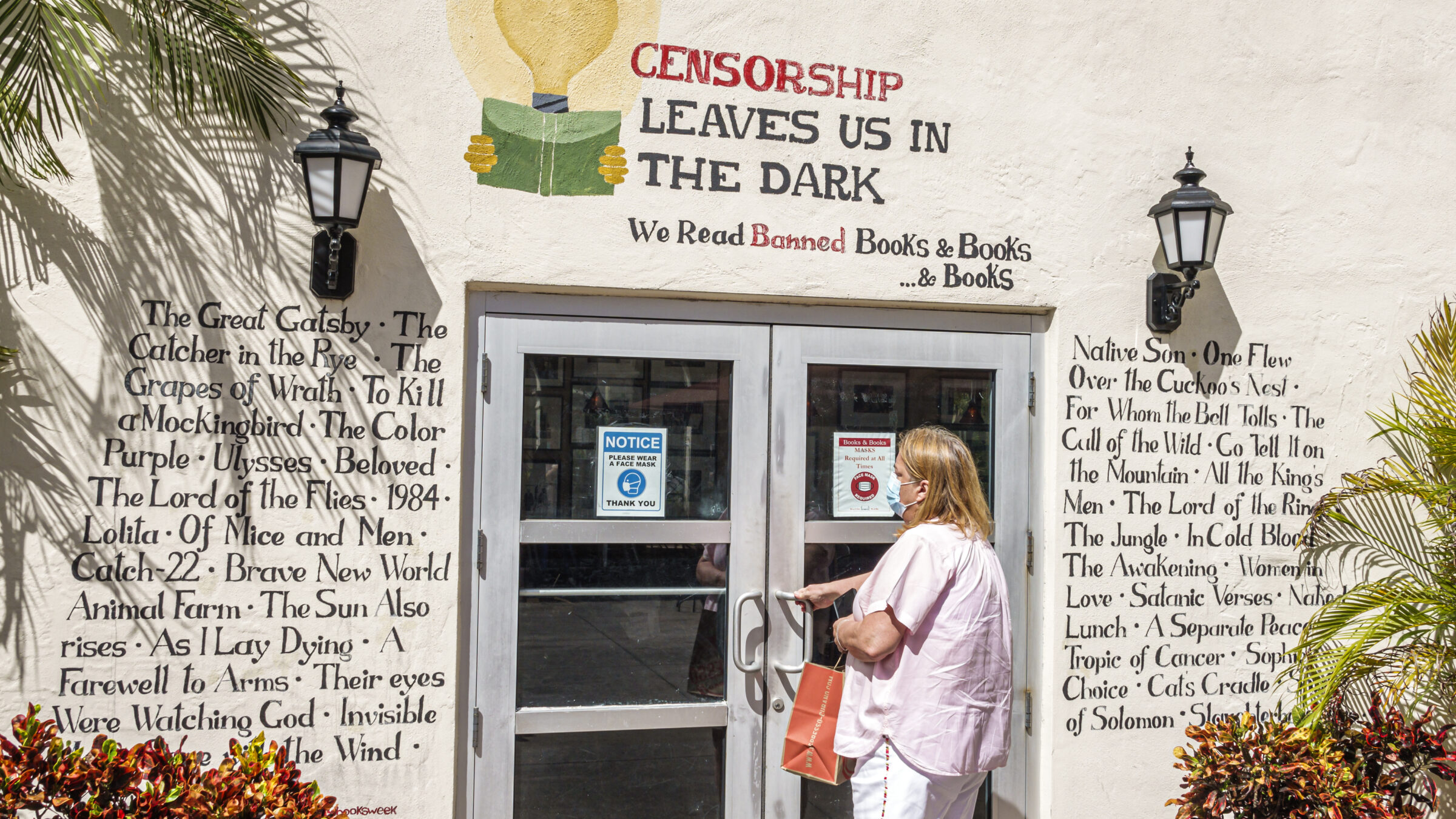
(Photo by: Jeffrey Greenberg/UCG/Universal Images Group via Getty Images)
Somewhat unusually, major publishing houses have taken an active role in challenging these restrictions by litigating cases directly, asserting that bans violate the First Amendment among other laws and constitutional provisions. The publishers’ willingness to antagonize conservative lawmakers and executive officials likely stems from the egregiousness of banning books in the first place. As the blessedly waning influence of Moms for Liberty demonstrates, most of us don’t think “Won’t someone please think of the children?”-style rhetoric justifies forcing libraries to deny the history of civil rights, slavery, and LGBTQ+ people, among other supposedly “inappropriate” content.
The courts have had a range of responses to the parties challenging book restrictions. In Florida, a coalition led by PEN America sued to overturn a challenge procedure in Escambia County on constitutional grounds. (Disclosure: I filed an amicus brief on behalf of a group of law professors supporting the plaintiffs). Happily, the court declined to endorse the government’s argument that the First Amendment’s government speech doctrine allows it to choose which books to shelf and which to block, allowing the plaintiffs to survive the government’s motion to dismiss and to continue to press their case.
The Fifth Circuit similarly (and perhaps surprisingly) upheld most of a trial court’s injunction that limited a Llano County (Texas) library policy that removed a number of books because of objections to their content. This case might be the first time the phrase “butts and farts” appears in the federal reporter; in addition to books on such topics, the county sought to remove from circulation books on gender identity, sexual health, and Maurice Sendak’s In the Night Kitchen (which famously has cartoon drawings of a naked child). Like the judge in the Escambia County case, the Fifth Circuit rejected the government’s arguments justifying the bans, though it limited the trial court’s injunction to only apply to the specific books mentioned in the plaintiff’s complaint.
But the Eighth Circuit took the opposite approach, overturning a trial court injunction that blocked an Iowa state law that required the removal of any book with sexual content, including James Joyce’s Ulysses, Toni Morrison’s Beloved, and Aldous Huxley’s Brave New World. The Eighth Circuit echoed other courts’ rulings that the government cannot rely upon the government speech doctrine. But it relied upon a procedural distinction between facial and as-applied challenges to invalidate the injunction, returning the analysis to the trial court and effectively preventing books from being shelved in the meantime. This fractured landscape means that students’ rights to access books right now varies based on where they happen to live: precisely the dynamic the First Amendment was meant to avoid.
Cases attacking bans on drag shows have faced a similarly vexing path. This spring, the Supreme Court declined to intervene in a case challenging West Texas A&M University’s ban on drag shows, allowing the ban to stand. But last fall, a separate case in the Southern District of Texas enjoined a Texas state law banning drag shows. And just this past month, the Sixth Circuit dismissed on standing grounds a challenge to a similar drag show ban in Tennessee.
What does all this mean? Some state laws might fail First Amendment scrutiny, but in other states, courts have engaged in procedural dodges—kicking out cases on standing or finding injunctions improperly scoped—to let censoriousness reign, even if only briefly. Much like the book ban cases, the collective muddiness of the rulings leaves performers and audiences unsure of whether drag performance can occur without government sanction. The confusion, of course, is the point.
Finally, conservative states continue to try to limit access to sexually explicit content, supposedly to protect minors. Such limitations almost necessarily limit adults’ access as well; two decades ago, the Supreme Court stated in ACLU v. Ashcroft that such laws violate strict scrutiny under the First Amendment. Why? Ashcroft held that although the government has a compelling interest in protecting minors, legal restrictions are less narrowly tailored than technical approaches, and thus strict scrutiny bars such laws in favor of software controls.
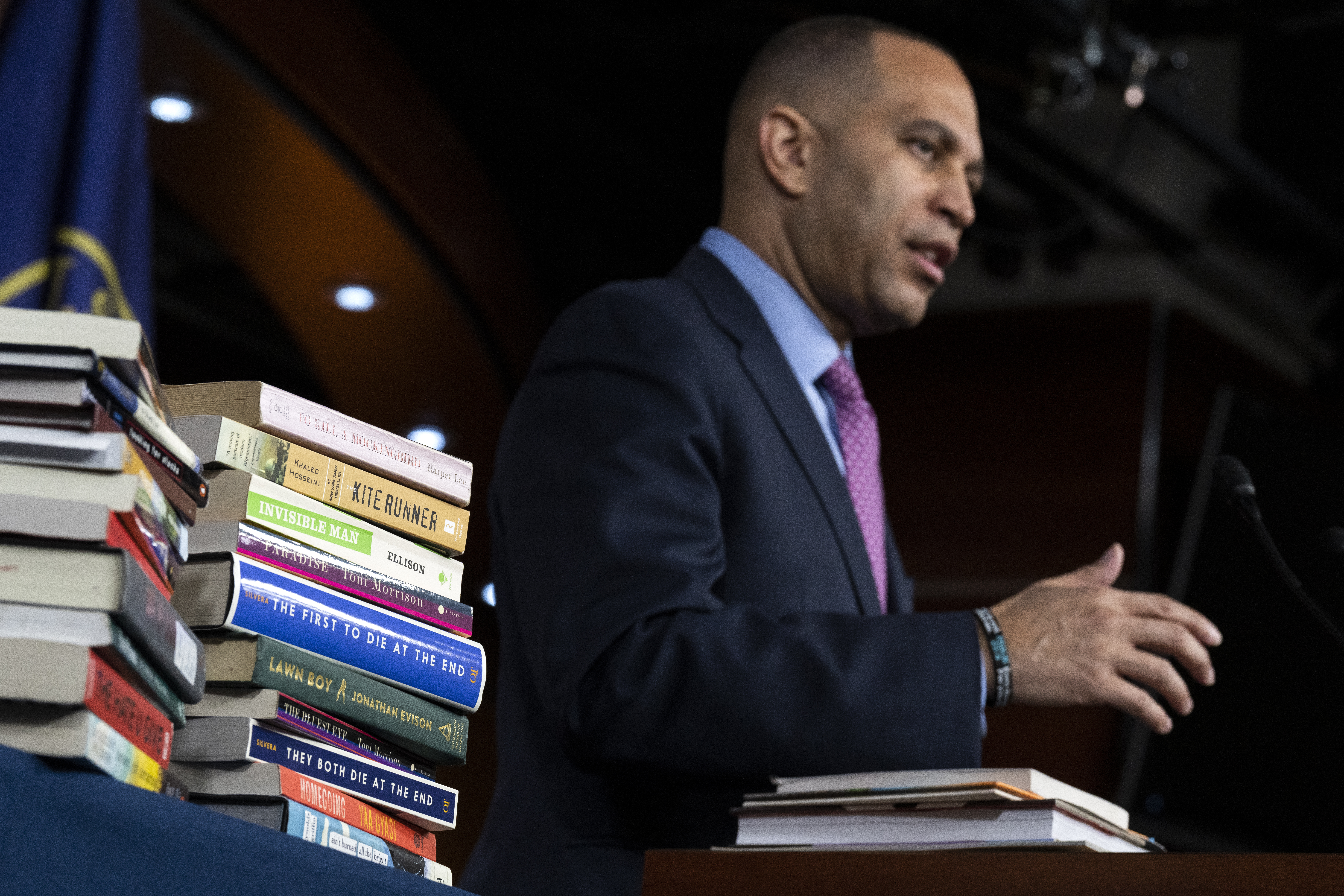
House Minority Leader Hakeem Jeffries holds a press conference related to the House’s passage of a Parents Bill of Rights bill that would ban certain books in schools, March 2023 (Tom Williams/CQ-Roll Call, Inc via Getty Images)
Earlier this year, I noted that by allowing a Texas law that creates an age verification system for access to explicit content to go into effect, the Supreme Court basically chose to ignore its precedent in Ashcroft. That choice, in my view, augured ill for free speech rights; since then, the Court granted review in a case challenging that law, Free Speech Coalition v. Paxton. I suspect they will either overturn or limit Ashcroft, benefiting no one but sex-negative censors.
But in the interim, the Seventh Circuit allowed an Indiana law functionally identical to the Texas law to go into effect. Why? Because the Supreme Court granted review in Paxton, and the Seventh Circuit considers that development more relevant than the actual Supreme Court precedent. If you are a right-wing activist seeking to control other people’s lives, working the referees pays off—even in other states, it turns out.
First Amendment academics teach students that it protects the most unpopular speakers and viewpoints in American society. That claim, if it was ever even true, has become incredibly unpersuasive. Courts are allowing unconstitutional and censorious laws to limit the speech of disfavored people who are unlucky enough to live in states governed by conservative majorities. Not all the plaintiffs have lost their cases, of course. But enough of them have to remove any doubt about what’s really happening.
Correction: An earlier version of this post misstated the author of Brave New World.
